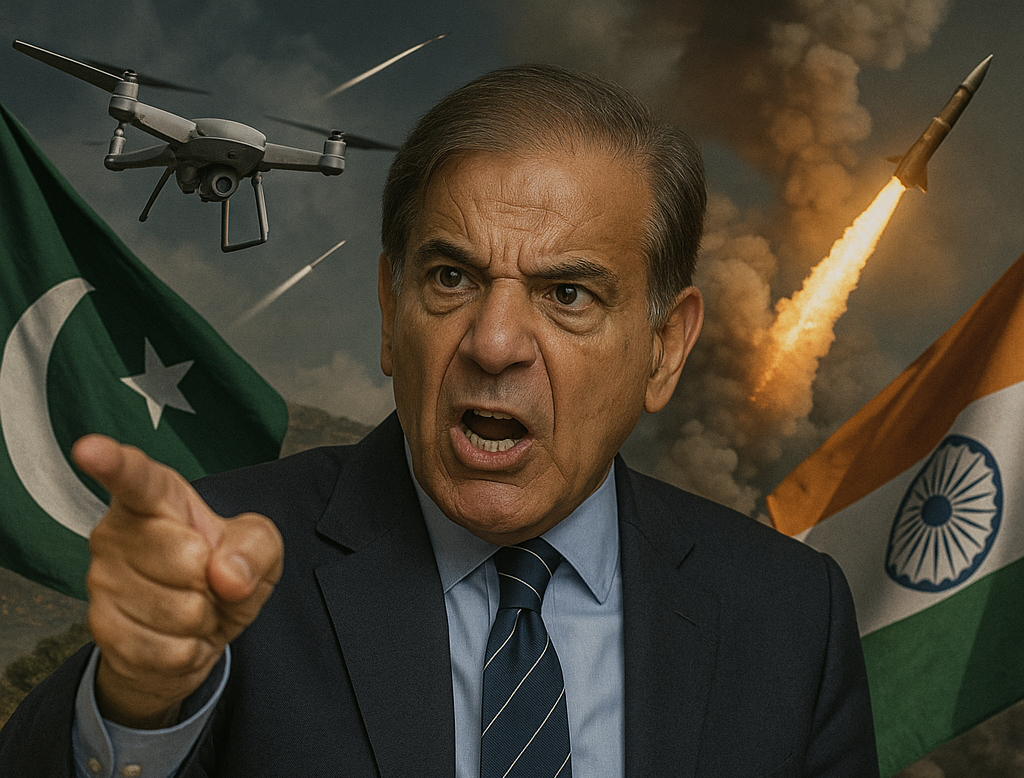The fragile ceasefire agreement between India and Pakistan is under considerable strain as both nations accused one another of violations just hours after it took effect. Mediation by the US aimed to halt escalating hostilities along the Line of Control (LoC) in Kashmir. The truce was set to commence at 17:00 local time, but reports of renewed tensions emerged shortly thereafter.
Pakistan’s Ministry of Foreign Affairs issued a statement alleging that India had breached the ceasefire in specific areas, asserting that Pakistani forces were acting with “responsibility and restraint.” The statement reiterated Pakistan’s commitment to the agreement and called for high-level communications to resolve incidents. Additionally, it urged troops to remain disciplined to avoid further escalation.
In contrast, India responded by asserting it had taken a “measured and appropriate” military response to ongoing provocations from Pakistan. Foreign Secretary Vikram Misri spoke at a press briefing, claiming that the ceasefire understanding had been repeatedly violated by Pakistani forces, prompting necessary defensive actions from Indian troops. Misri emphasized India’s right to self-defense and criticized Pakistan’s military for contributing to regional instability. He also pointed out the transparent nature of Indian democracy, implying that such political discourse was less common in Pakistan.
The ceasefire follows four days of intense cross-border fire and drone activities that heightened tensions in the region. On May 8, India accused Pakistan of launching drone and missile attacks against its military positions in areas such as Jammu, Pathankot, and Udhampur. The Indian Ministry of Defence reported intercepting multiple missiles in the Jammu sector. Pakistan, however, refuted these claims as “reckless propaganda,” alleging that India was fabricating incidents to tarnish its international image.
Reports from Indian-administered Kashmir indicated renewed conflict, with BBC journalists hearing explosions, though the sources of these blasts remained unverified. Authorities in Jammu imposed temporary blackouts as a precaution against potential drone threats, advising residents to avoid visible light until early Sunday morning. Power was being gradually restored after prior blackouts stemming from missile concerns.
The LoC continues to be a volatile flashpoint, with over 5,000 ceasefire violations documented since 2014, including 1,200 in 2024 alone. While a reaffirmation of the 2003 ceasefire agreement in 2021 briefly lessened hostilities, recent events highlight the fragility of such truces when lacking a deeper political resolution.
Analysts suggest that ceasefire violations often stem from factors beyond simple state-level decisions, including military morale, pressure to respond to provocations, or attempts to assess opposing defenses. Reports indicate that during crises, tactical military operations can escalate independently of formal political processes.
With both nations entrenched in their positions and the US, the original mediator, yet to address the reported violations, the sustainability of this latest ceasefire remains uncertain. Observers express concern that without concrete confidence-building measures and dialogues on critical issues like Kashmir and terrorism, the cycle of violence could quickly resume. The region stands tense, with hopes for durable peace precariously hanging in balance.















